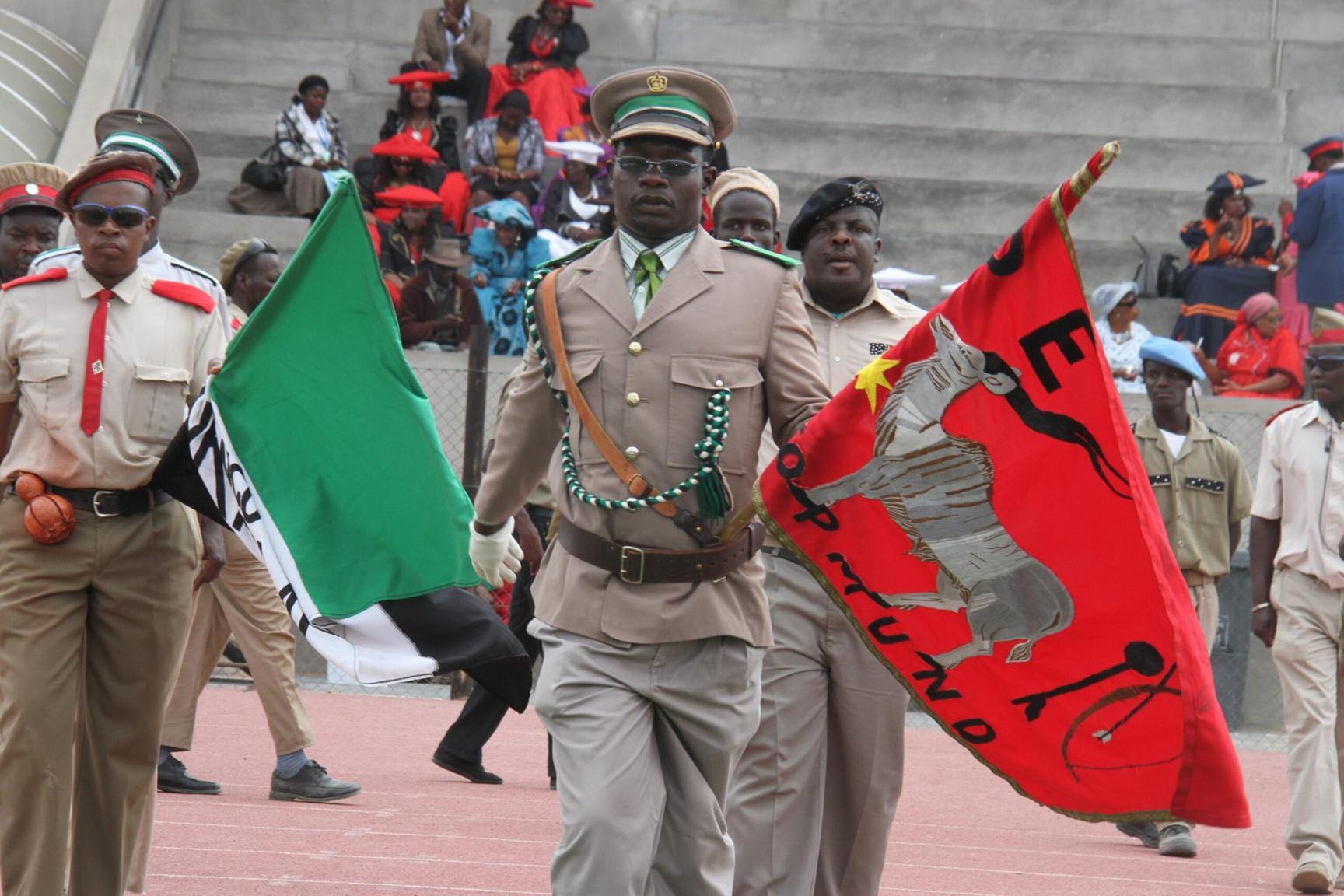Africa-Press – Namibia. Namibia is set to commemorate its inaugural Genocide Remembrance Day next week, honouring the victims of the 1904-1908 genocide.
Government has officially proclaimed 28 May as the national day of remembrance.
The Ministry of Information and Communication Technology said a report was presented to the National Assembly, recommending 28 May, a date supported by the affected communities.
Historically, it marks the day in 1907 when the German colonial administration decided to close concentration camps in Namibia.
Information minister Emma Theofelus recently confirmed that the inaugural commemoration will take place at Parliament Gardens in Windhoek.
Members of the affected communities have expressed mixed emotions ahead of the commemoration.
Chief Tjinaani Maharero of the Maharero Royal House in an interview with Nampa urged the community to honour the day and reflect on the injustices endured by their ancestors.
“Our ancestors suffered immensely. Having this day officially recognised by the government means a lot. It’s a sensitive day that will evoke painful memories,” he said.
He recalled atrocities committed in the early 20th century at places such as Osire in the Otjozondjupa region, Okazize (present-day Leonardville) and Okamujenda (formerly Plessis Plaas) in the Omaheke region.
However, Maharero voiced concern over ongoing inequalities.
He noted that much of the land remains in the hands of descendants of colonisers.
Retired executive director of the information ministry Mbeuta Ua-Ndjarakana welcomed the commemoration but critiqued the government’s approach, describing it as politicised.
“This day should be a platform for descendants of genocide victims to renew their demands for restorative justice, genuine reparations and the reconstruction of what was destroyed,” said Ua-Ndjarakana, a descendant of the Ovambanderu people.
He argued that the Namibian government’s handling of the genocide negotiations has prioritised political and financial interests over genuine reparative justice.
“The government has monetised the so-called genocide negotiations, resulting in projected bilateral aid disguised as reparations – an offer rejected by some affected communities locally and in the diaspora,” he remarked.
For More News And Analysis About Namibia Follow Africa-Press






